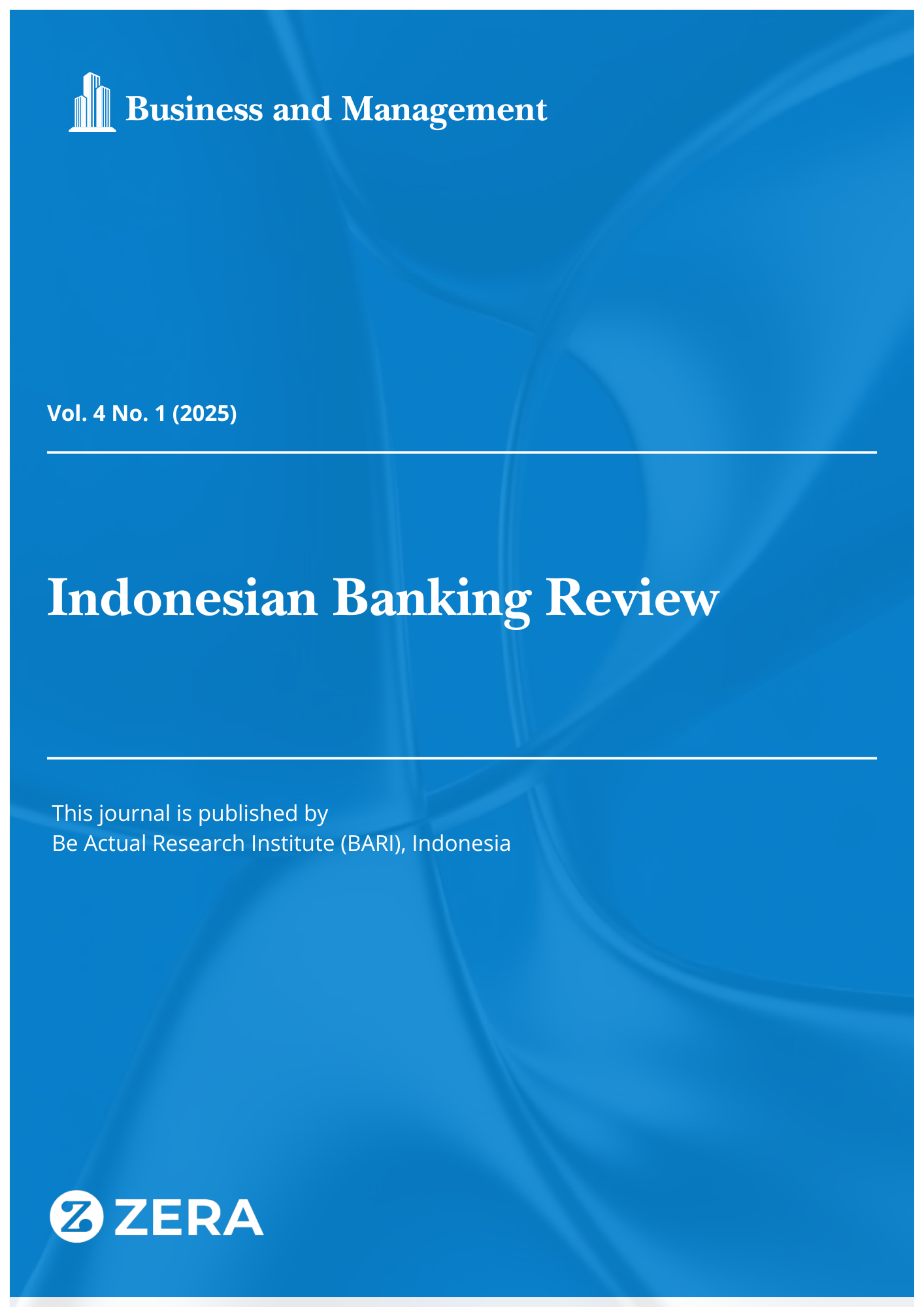Keywords:
ESG, Green Banking, Green Economy, Perbankan Syariah, Sustainable FinanceAbstract
International trends in sustainable finance, the green economy, and Environmental, Social, and Governance (ESG) highlight a global paradigm shift in modern financial practices. Green finance emphasizes funding environmentally friendly projects, while ESG provides a comprehensive framework for evaluating corporate sustainability performance. Both serve as essential pillars in building a resilient green economy that balances growth with ecological and social responsibilities. The banking sector, particularly Islamic banking, plays a strategic role in accelerating the transition toward a low-carbon economy by offering sustainable financing, developing innovative financial instruments such as green sukuk and green bonds, and adopting the Triple Bottom Line approach. Nevertheless, several challenges persist, including the limited availability of green projects, long-term investment risks, and institutional readiness to adapt to sustainable frameworks. In Indonesia, Bank Indonesia and the Financial Services Authority (Otoritas Jasa Keuangan/OJK) contribute significantly by designing sustainable finance policies aligned with the Sustainable Development Goals (SDGs). This article applies a literature review method to analyze the roles, opportunities, and barriers of green banking in the context of Islamic banking.


